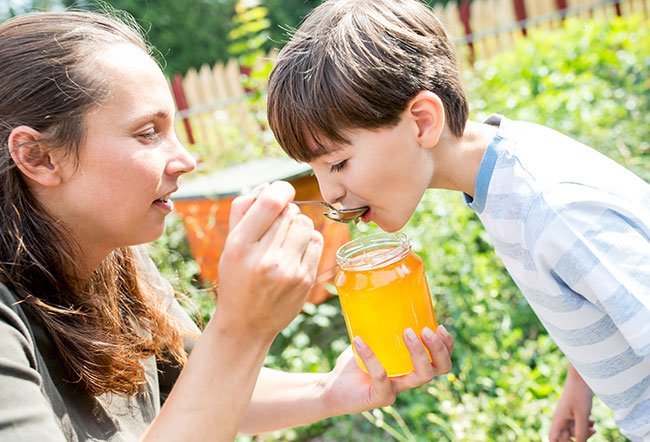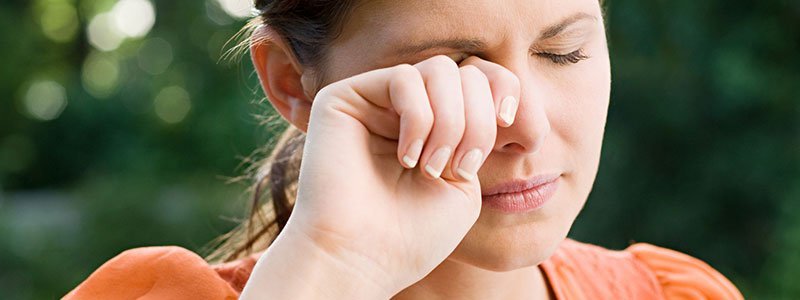
The claim that honey can relieve seasonal allergy symptoms has not been proven by conclusive scientific studies
You may have heard that eating local honey may help with seasonal allergies. The idea is that eating local honey exposes you to small amounts of local pollen, which can gradually desensitize you to the allergen and thereby improve your symptoms.
However, the claim that honey can relieve seasonal allergy symptoms has not been proven by conclusive scientific studies.
Why is honey believed to help with allergies?
Honey has been anecdotally reported to lessen symptoms of seasonal allergies based on the principle of immunotherapy, which involves repeated exposure to an allergy to make the person less sensitive to it.
The theory is similar to that of allergy shots, in which the body builds up immunity to an allergen by repeated exposure in larger doses. Since honey contains local pollen, it is believed that eating honey can make someone less sensitive to the pollen over time.
Why does honey not help with allergies?
According to the American College of Allergy, Asthma, and Immunology, there is no scientific proof that eating local honey will improve seasonal allergies.
Facts that contradict this theory include the following:
- Honey collected by bees often contains pollen from brightly colored flowers, which is not the same pollen responsible for most allergies (trees, grasses, and weeds).
- Bees mix their food with digestive enzymes to turn it into honey, which changes the pollen protein.
- Enzymes from your stomach that are released during digestion would remove or break down any pollen ingested.
- Therefore, you would not be ingesting enough intact pollen for your immune system to start becoming desensitized to it.
Does honey have health benefits?
Honey is the thick, golden, sweet liquid produced by the bees by collecting nectar and pollen from flowers. For centuries, honey has been used as both a natural sweetener and as a potential remedy due to its potential health benefits.
Honey has anti-inflammatory, antimicrobial, anticancer, and wound-healing properties. High-quality honey is also rich in antioxidants, especially flavonoids, which may play a role in preventing cardiovascular diseases.
The World Health Organization, American Academy of Pediatrics, and American College of Chest Physicians recommend honey as a natural remedy for soothing coughs and sore throats caused by the common cold.
Does honey pose health risks?
Honey has long been used as a cough suppressant. However, local, unprocessed honey may contain dust particles, bee parts, mold spores, and bacteria which can have some health risks
In rare cases, eating unprocessed honey can cause a serious allergic reaction (anaphylaxis), leading to itching, hives, or swelling of the mouth, throat, or skin.
The Centers for Disease Control and Prevention does not recommend giving honey to children under 12 months because it may contain a toxin that can lead to a dangerous condition called botulism.
What can help relieve seasonal allergies?
Seasonal allergies or seasonal allergic rhinitis, commonly called hay fever, is an allergic reaction to pollen from trees, grasses, and weeds that can cause symptoms during certain times of the year, typically in the spring and fall.
Symptoms of common rhinitis include:
Common treatment options for seasonal allergies include:

QUESTION
Allergies can best be described as: See Answer
Medically Reviewed on 5/24/2022
References
Can Honey Help My Seasonal Allergies. Asthma and Allergy Foundation of America: https://community.aafa.org/blog/aafa-explains-can-honey-help-my-seasonal-allergies
Paige Fowler. Does Honey Prevent Allergies. WebMD: https://www.webmd.com/allergies/features/does-honey-help-prevent-allergies